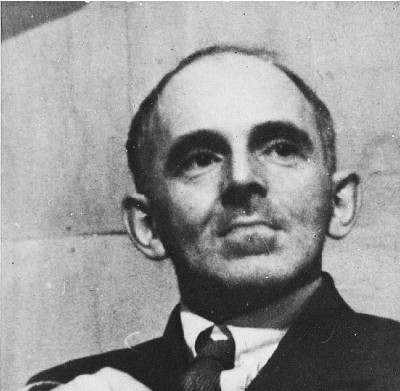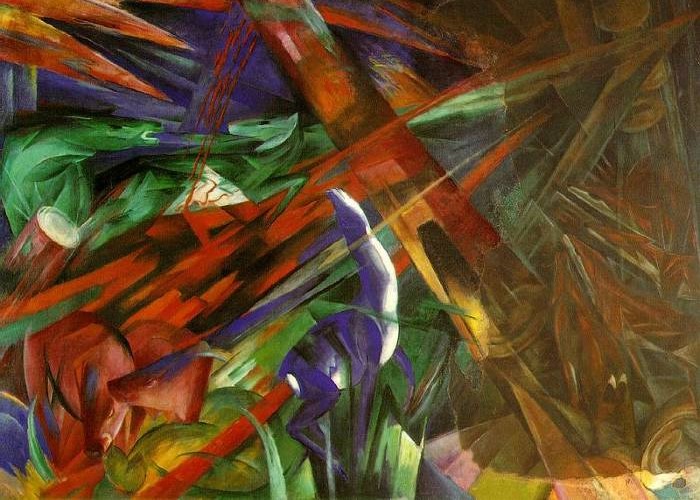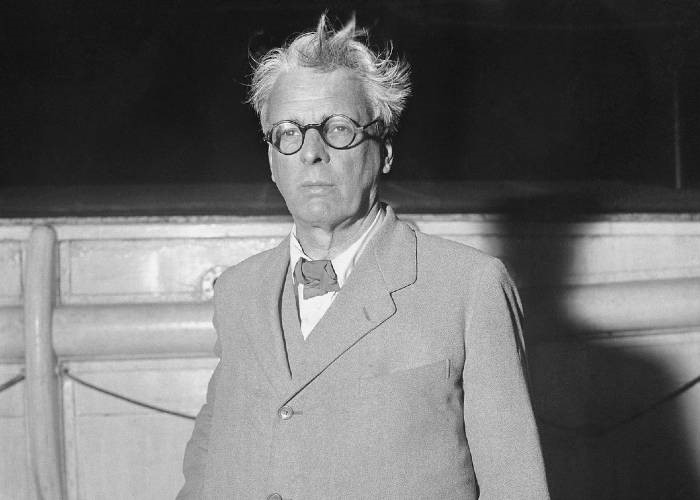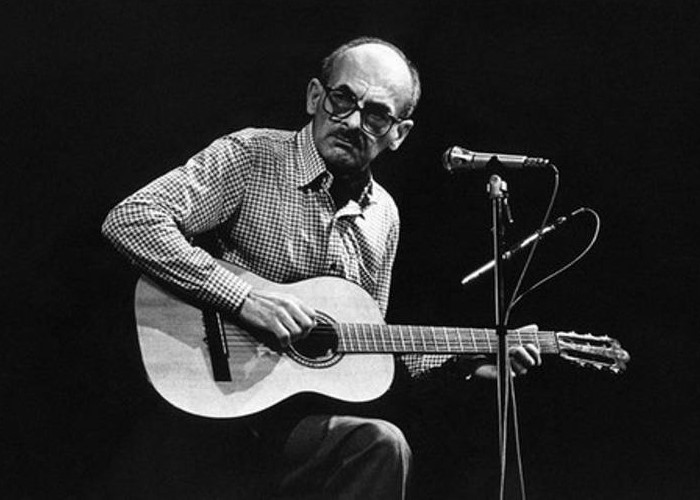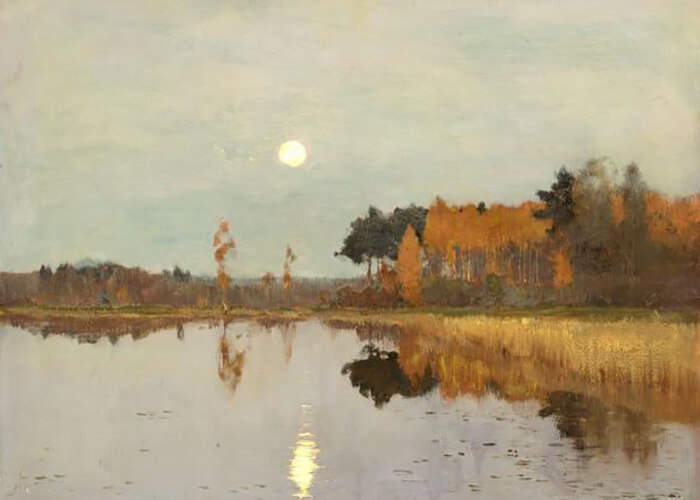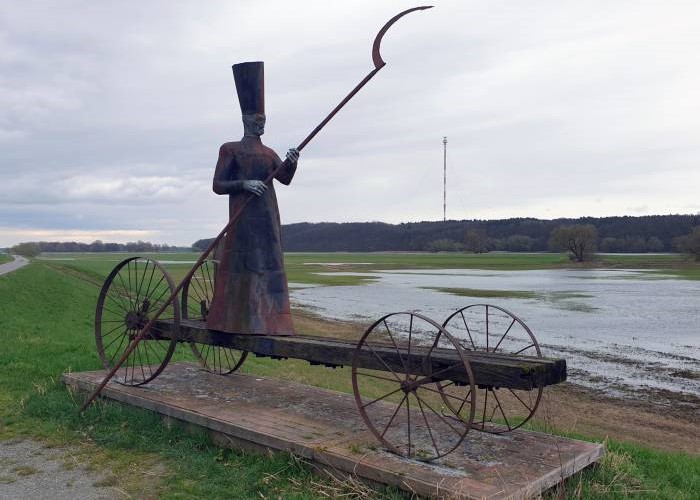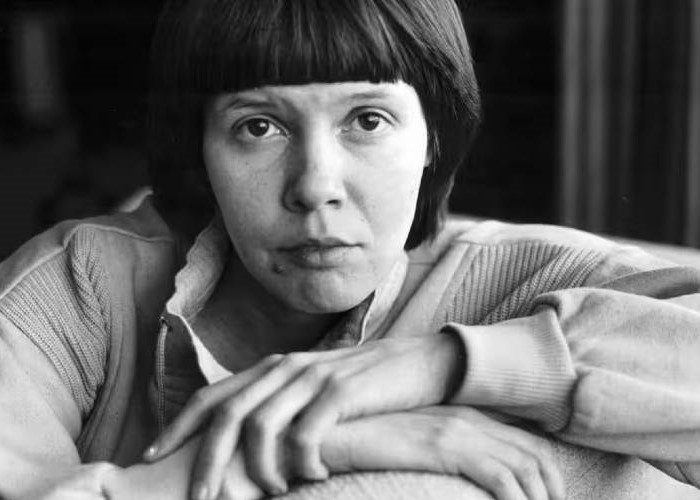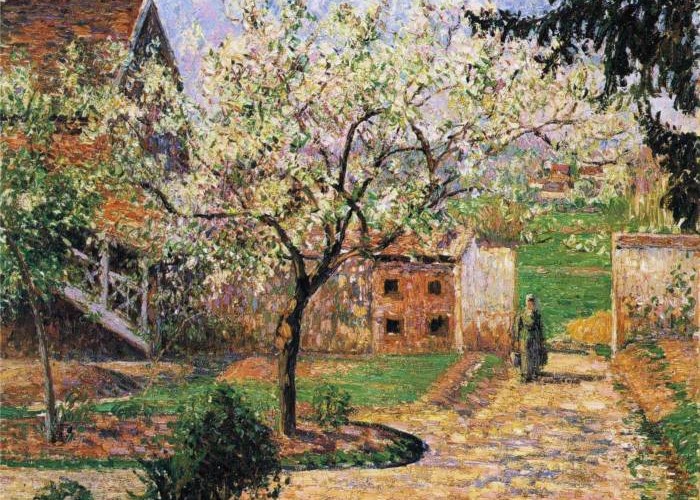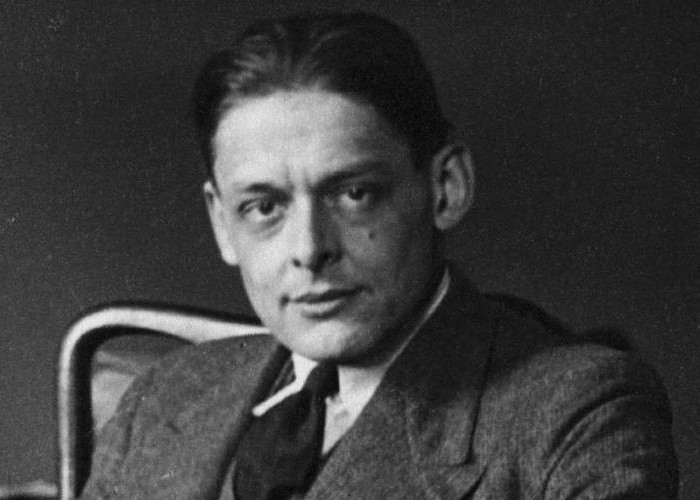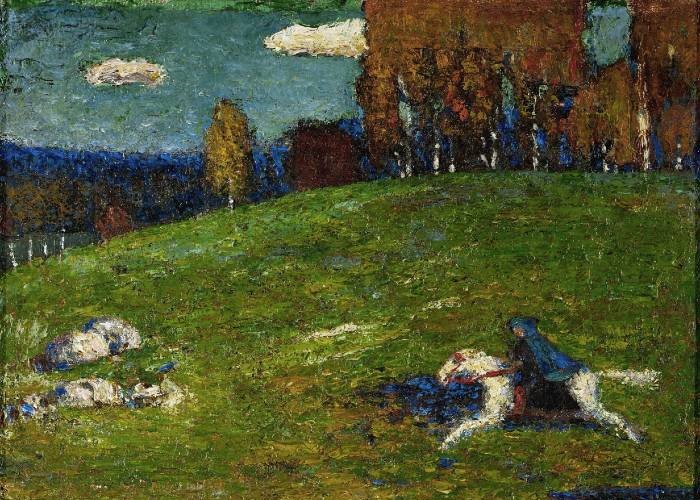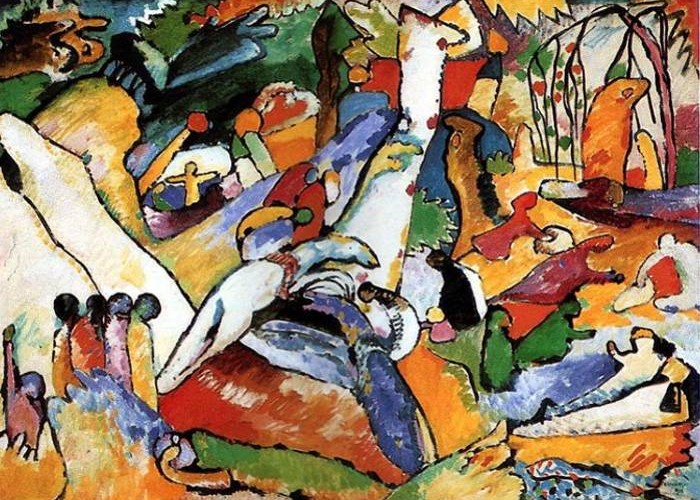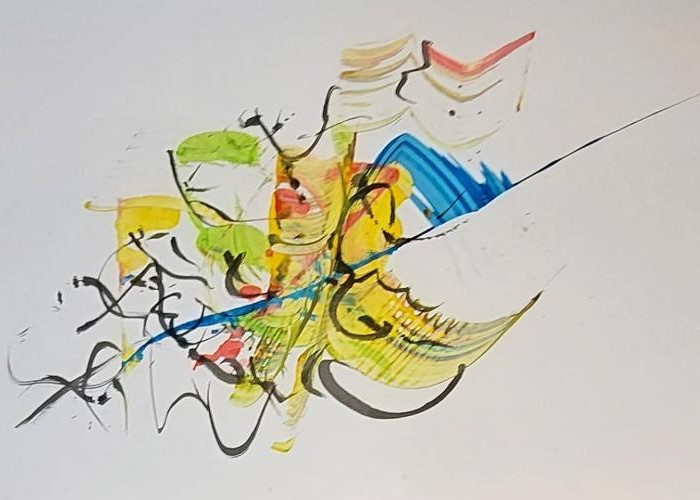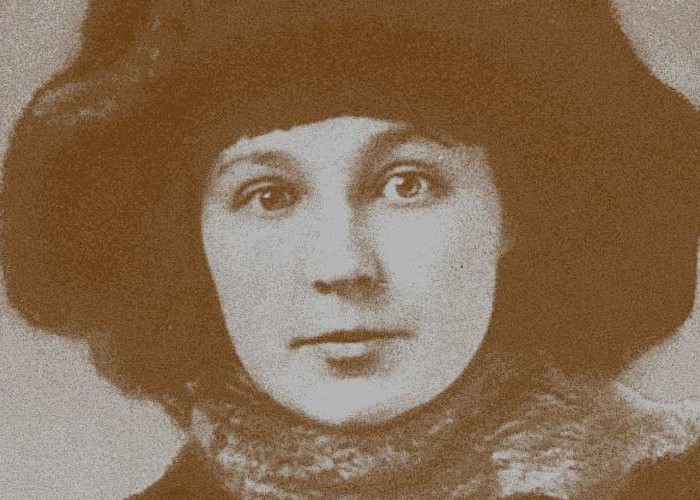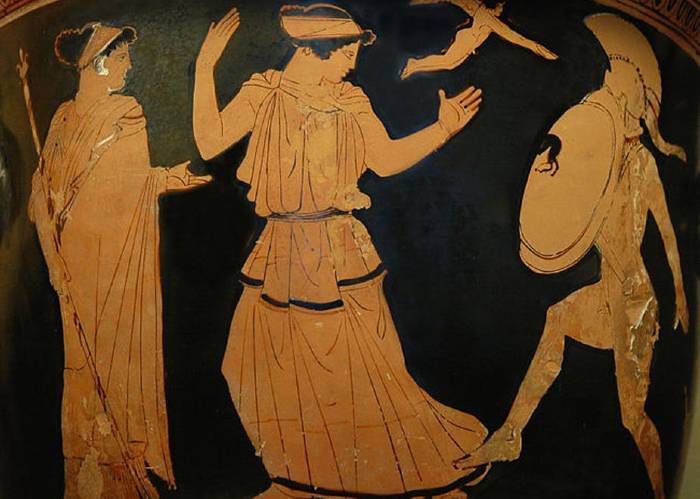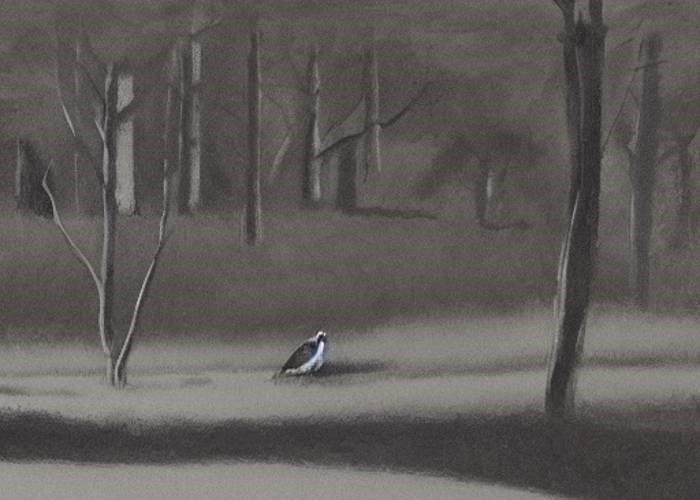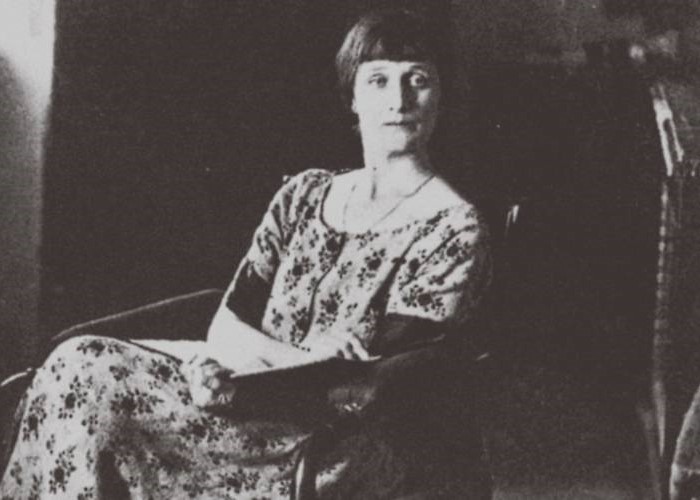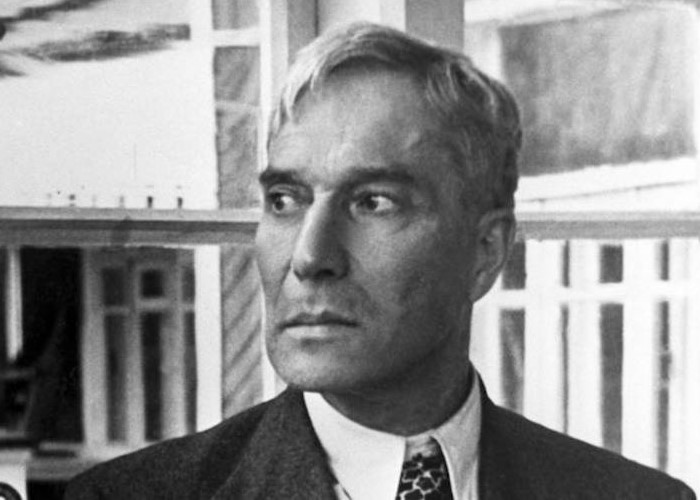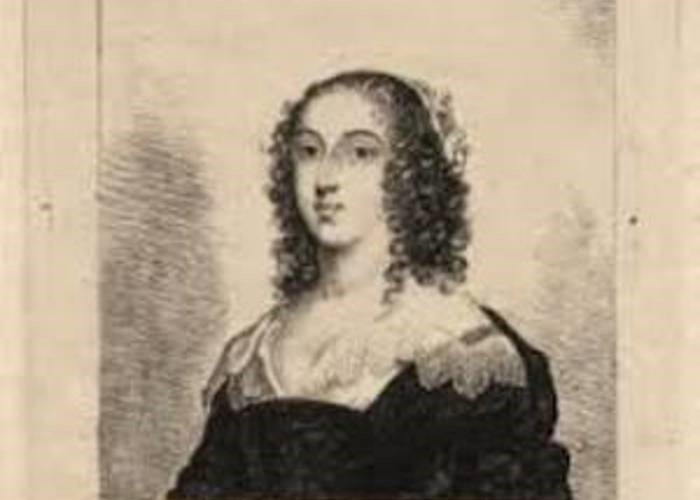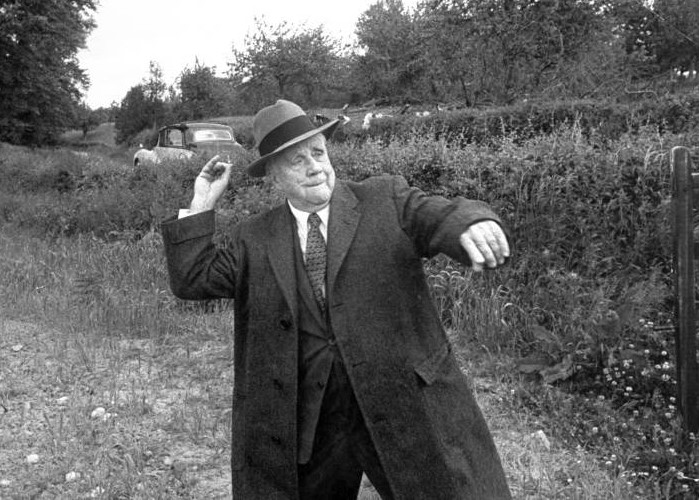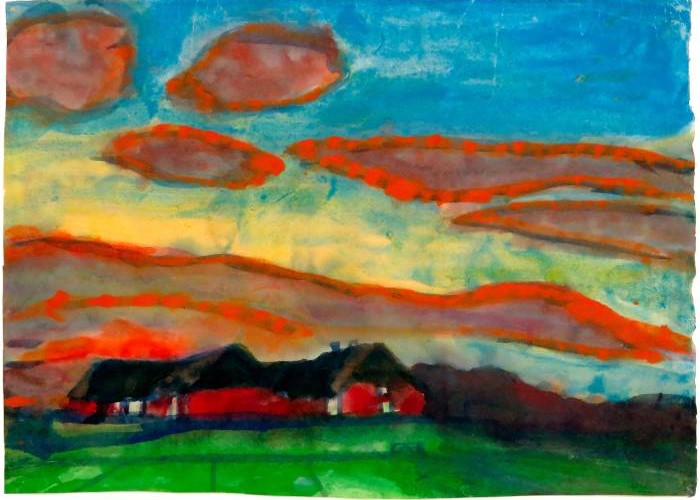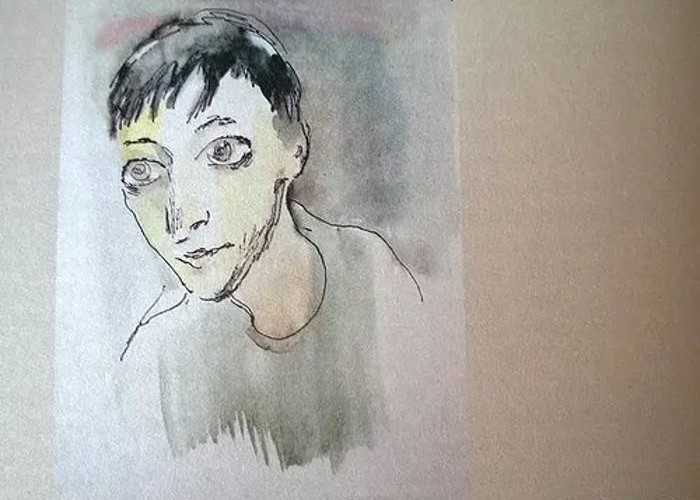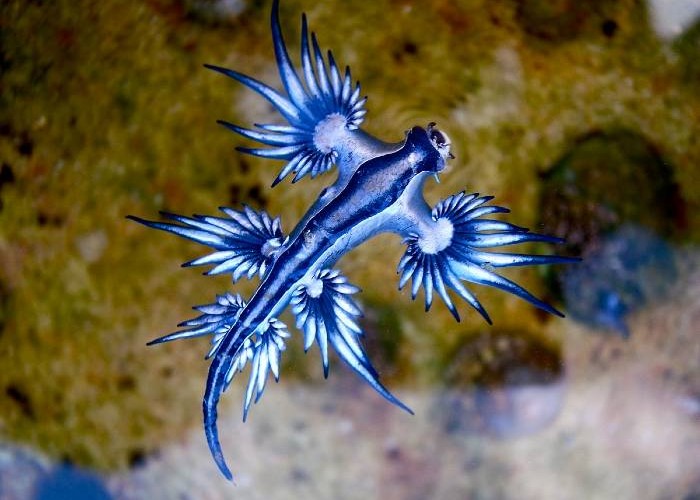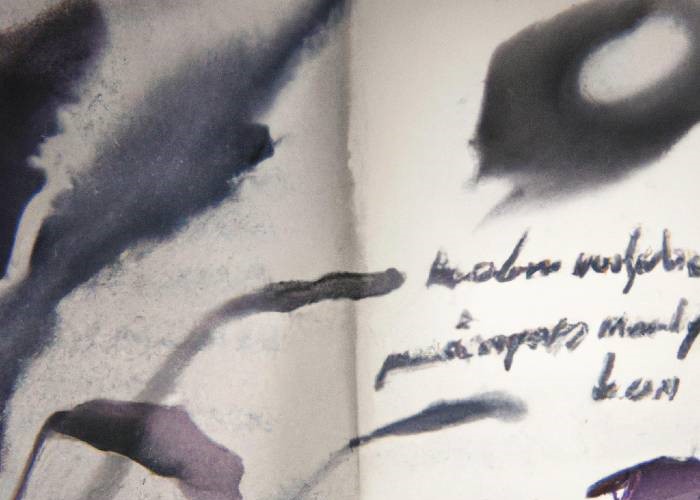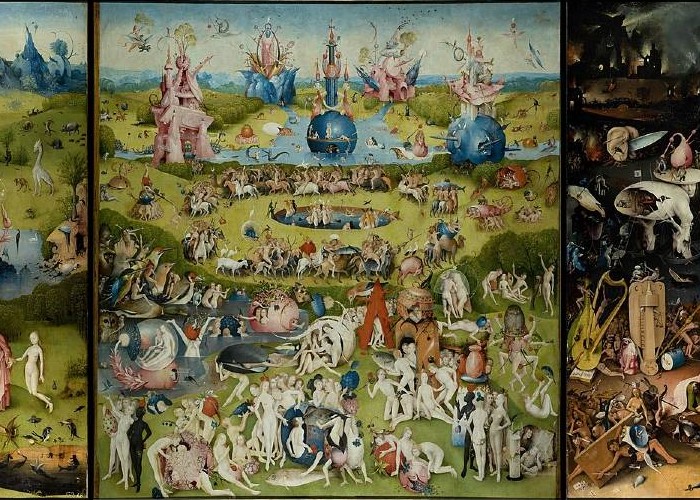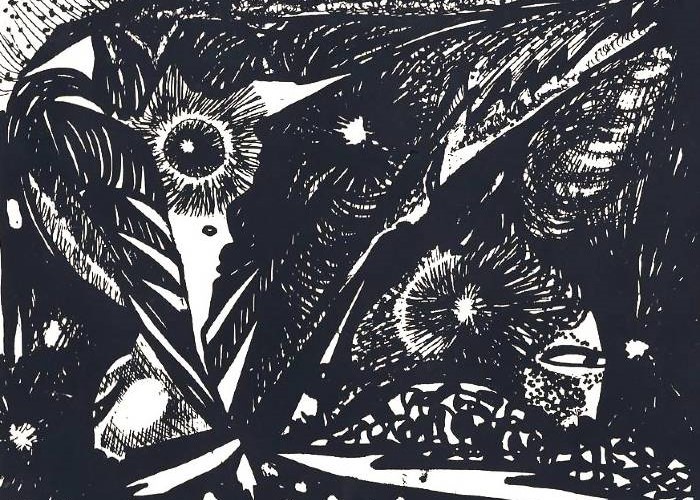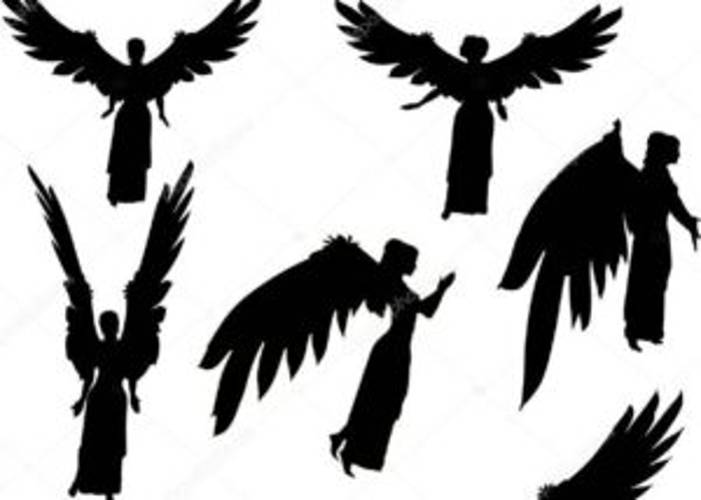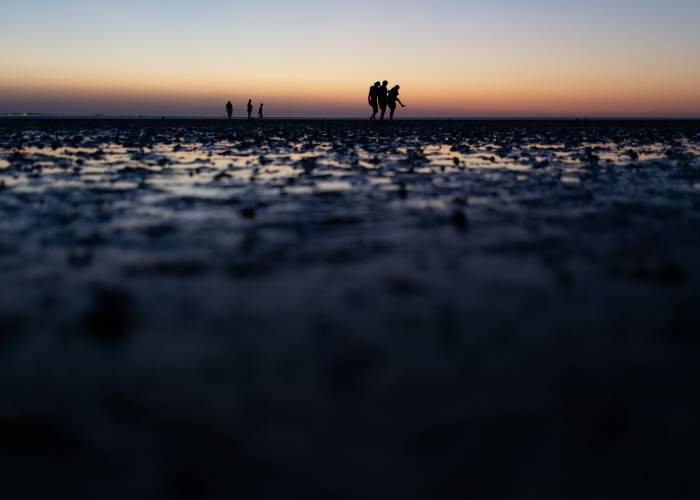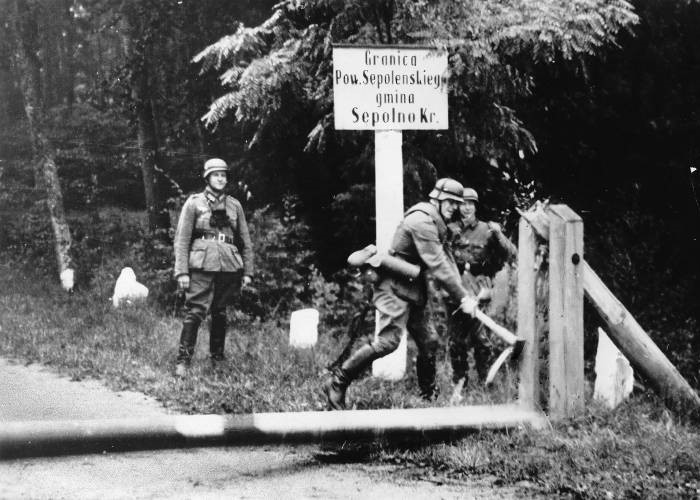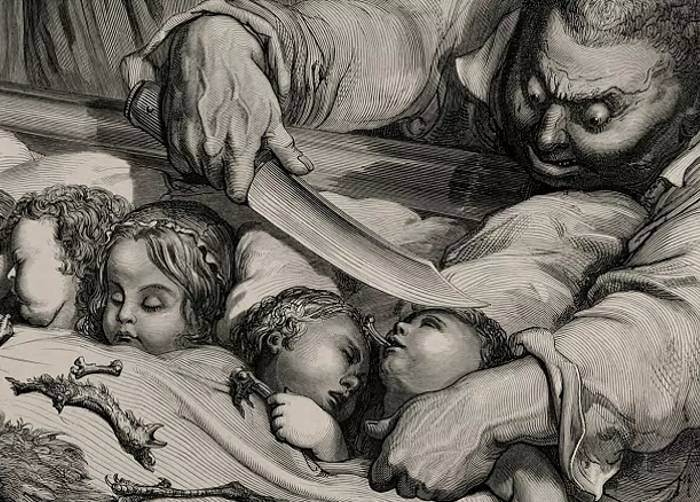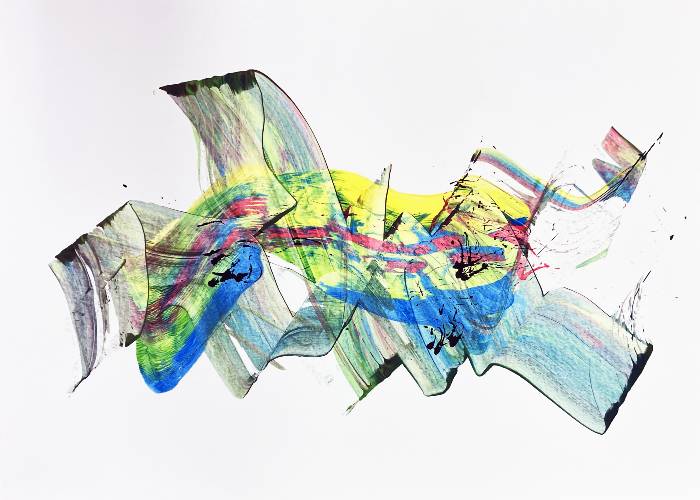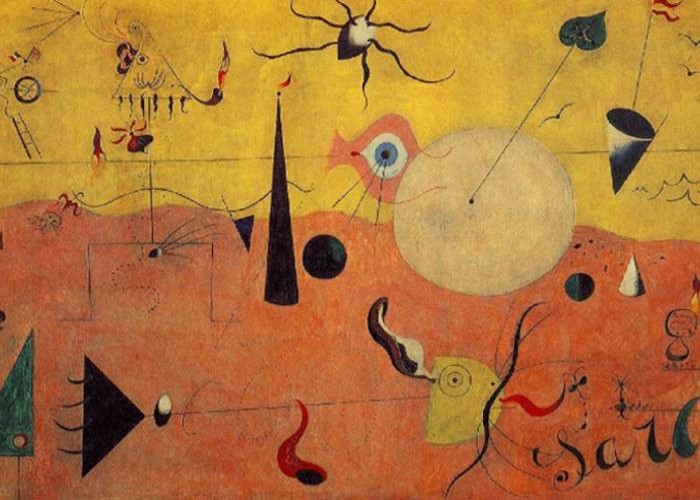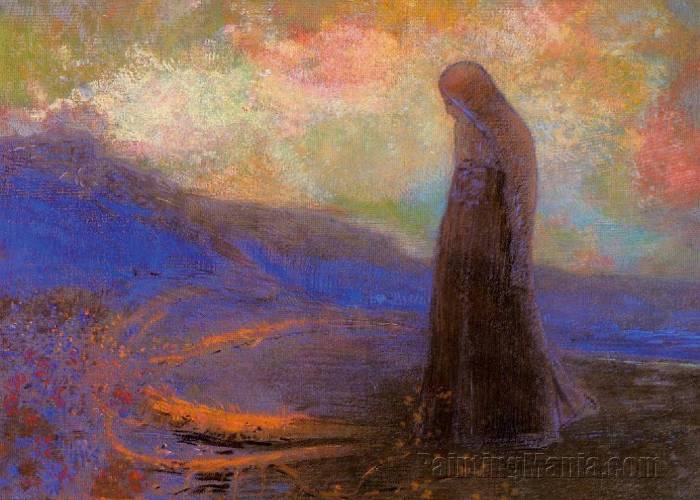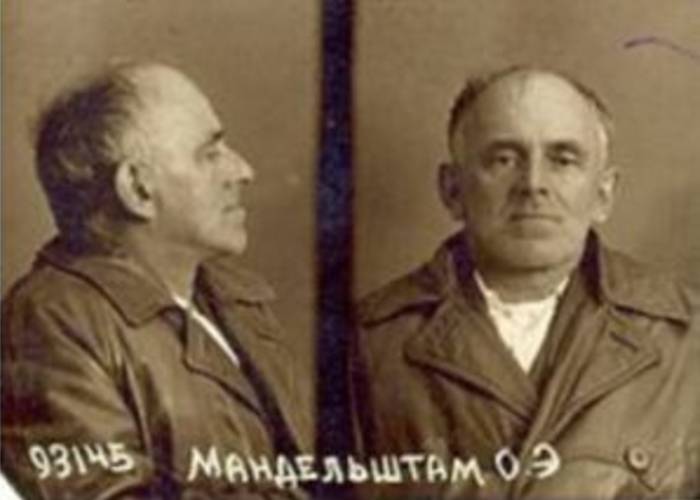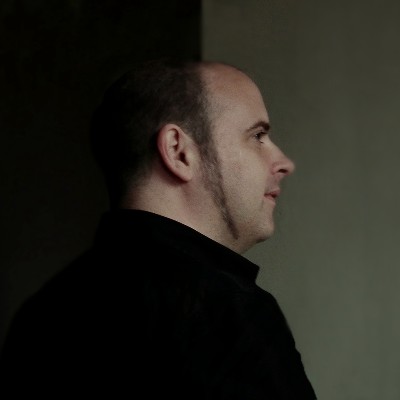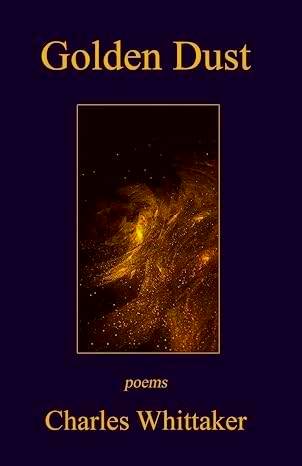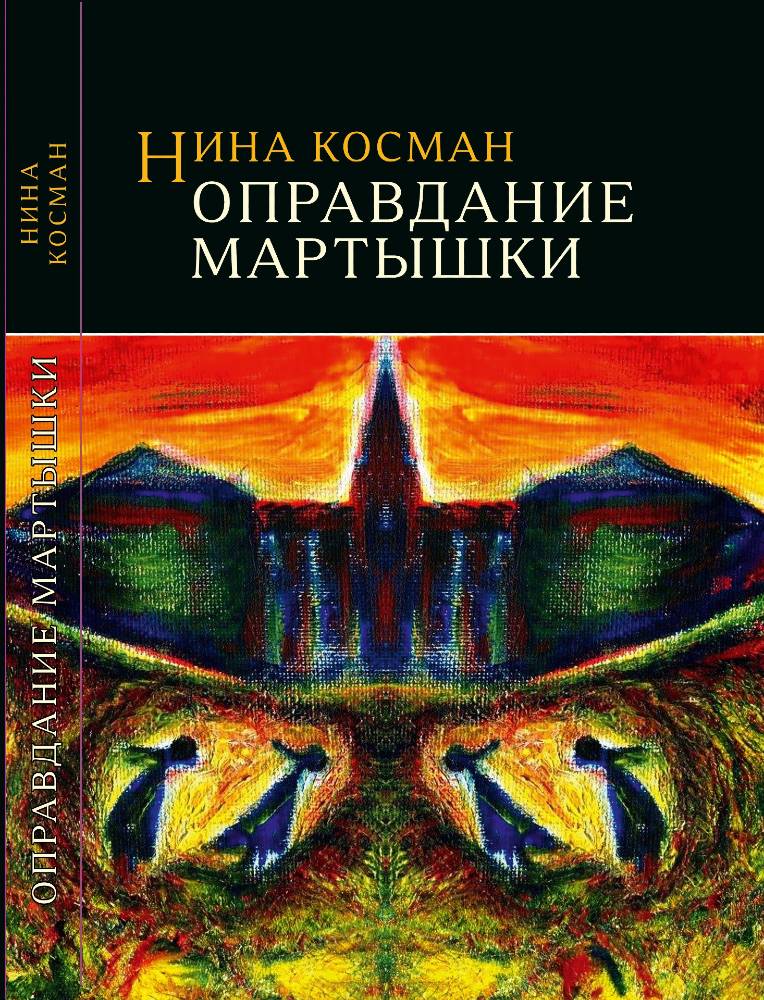Where’s that groaning they nailed and bound up tight –
Prometheus, propping the rock with his body’s aid?
Where is the frowning, yellow-eyed kite
that rushes towards him with claws well-splayed?
Never again will we see such as these,
now tragedy’s used up all its luck.
Call the docker Aeschylus, the logger Sophocles:
these lips will advance to their case’s crux.
An echo and hailing? A guide-pole? No, he’s a ploughshare.
The times are ripe, their theatre of air and stone
has found its feet and everyone stands in the glare,
delivered, deleterious, with no death of their own.
19 January – 4 February 1937
Где связанный и пригвожденный стон?
Где Прометей – скалы подспорье и пособье?
А коршун где – и желтоглазый гон
Его когтей, летящих исподлобья?
Тому не быть – трагедий не вернуть,
Но эти наступающие губы –
Но эти губы вводят прямо в суть
Эсхила-грузчика, Софокла-лесоруба.
Он эхо и привет, он веха – нет, лемех…
Воздушно-каменный театр времен растущих
Встал на ноги, и все хотят увидеть всех –
Рожденных, гибельных и смерти не имущих.
19 января – 4 февраля 1937
* * *
Twitching my lips, I lie underground,
but my words will be words that pupils recite.
Red Square: no ground on this earth is as round,
a curve that the steely camber connives in.
Red Square: no ground on this earth is as round.
No plan said the camber must spread out that wide
as it tilts to the rice fields, all the way down,
for as long as the planet’s last slave stays alive.
May 1935
Да, я лежу в земле, губами шевеля,
Но то, что я скажу, заучит каждый школьник:
На Красной площади всего круглей земля,
И скат ее твердеет добровольный,
На Красной площади земля всего круглей,
И скат ее нечаянно-раздольный,
Откидываясь вниз – до рисовых полей,
Покуда на земле последний жив невольник.
Май 1935
* * *
A wave sprints in and cleaves the crest of a wave,
tackling the moon, sad as a waving slave.
It turns and lurches, that eddy of janissaries,
a Constantinople of tides that staves
off sleep and dredges a trench in the sand.
Toothlike, through gloomily thumping air,
the battlements loom on the uncommenced wall.
But the soldiers of paranoid sultans fall –
soaked, forced apart – from the foaming stairs.
Cold eunuchs hand henblane around to them all.
27 June 1935
Бежит волна – волной волне хребет ломая,
Кидаясь на луну в невольничьей тоске,
И янычарская пучина молодая,
Неусыпленная столица волновая,
Кривеет, мечется и роет ров в песке.
А через воздух сумрачно-хлопчатый
Неначатой стены мерещатся зубцы,
А с пенных лестниц падают солдаты
Султанов мнительных – разбрызганы, разъяты,
И яд разносят хладные скопцы.
27 июня 1935
